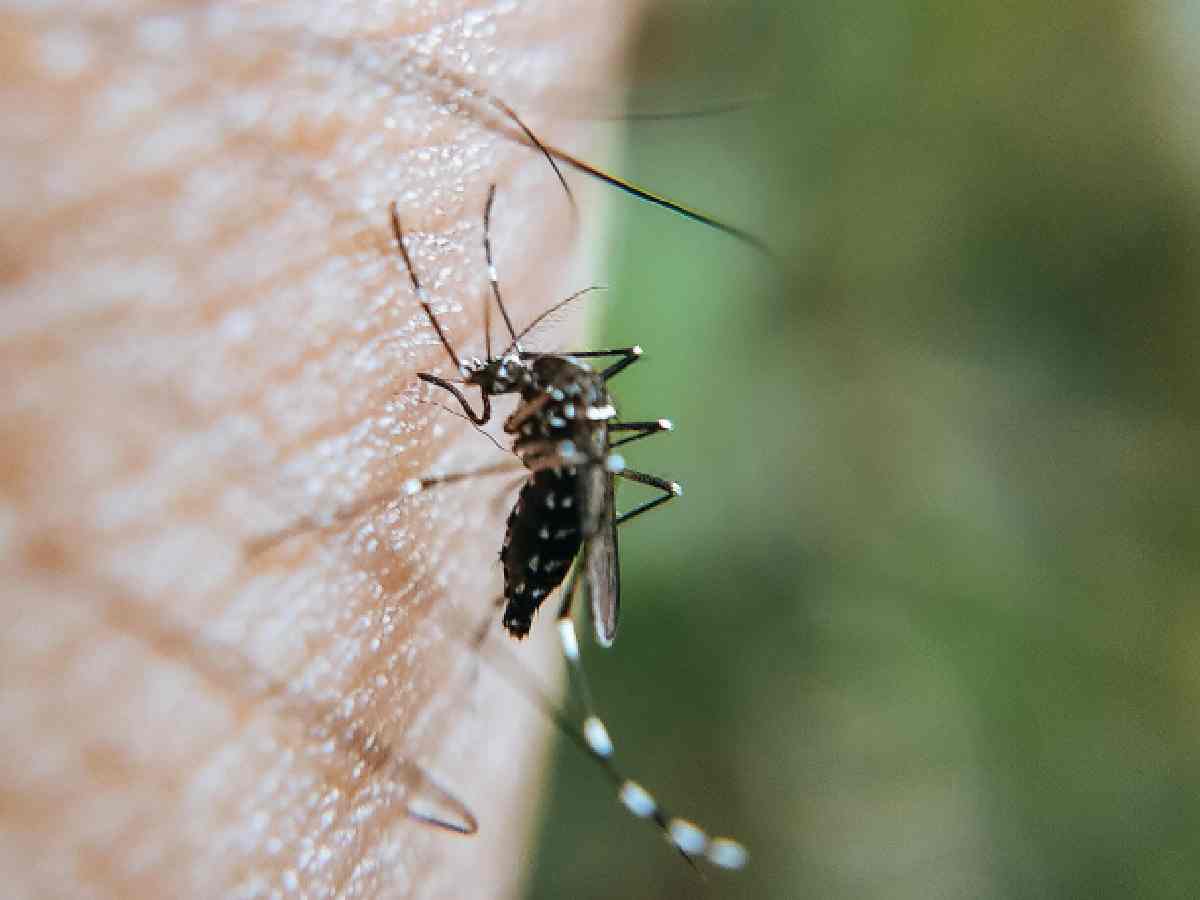Dengue fever, transmitted by Aedes mosquitoes, is a serious health concern in many tropical and subtropical regions. With symptoms ranging from high fever and severe headaches to joint and muscle pain, dengue can significantly impact your health and well-being. Fortunately, there are several preventive measures you can take to reduce your risk of contracting this illness. Here are seven effective tips to help you stay dengue-free.
- Eliminate Standing Water
Mosquitoes that spread dengue fever breed in stagnant water. To prevent their proliferation, regularly inspect and empty containers that collect water, such as flower pots, buckets, and old tires. Also, ensure that gutters and drains are clear and functioning properly to avoid water accumulation.
- Use Mosquito Repellents
Applying insect repellents is one of the most effective ways to protect yourself from mosquito bites. Look for products containing DEET, picaridin, or oil of lemon eucalyptus. These repellents can be applied to exposed skin and clothing to provide a protective barrier against mosquitoes, especially during peak biting times in the early morning and evening.
- Wear Protective Clothing
Dressing in long-sleeved shirts, long pants, socks, and shoes can reduce the amount of exposed skin, making it more difficult for mosquitoes to bite. Light-colored clothing is also less attractive to mosquitoes compared to dark colors. When spending time outdoors, especially in areas with high mosquito activity, consider wearing protective clothing to lower your risk of dengue.
- Install Mosquito Nets
Using mosquito nets while sleeping can provide an added layer of protection, particularly in areas where mosquitoes are prevalent. Ensure that the nets are free of holes and properly tucked in to prevent mosquitoes from getting through. For additional protection, consider using insecticide-treated nets, which can help repel and kill mosquitoes.
Also read: Losing hair? These might be the reasons
- Keep Windows and Doors Closed
To prevent mosquitoes from entering your home, install screens on windows and doors. Make sure that these screens are in good condition and free of tears or holes. Keeping windows and doors closed, especially during peak mosquito activity times, can help reduce the likelihood of mosquitoes entering your living spaces.
- Use Mosquito Coils and Sprays
Mosquito coils and electric vaporizers can help repel mosquitoes inside your home. These products release insecticides that deter mosquitoes from entering or staying in the area. Additionally, using indoor insecticide sprays can help eliminate mosquitoes and reduce their numbers. Be sure to follow the instructions on these products for safe and effective use.
- Maintain Clean Surroundings
A clean environment can help prevent mosquito breeding. Regularly dispose of trash and avoid leaving waste in open areas where it can collect water. Additionally, ensure that your surroundings are well-maintained, with proper waste management and hygiene practices. Keeping your environment clean can reduce the risk of mosquito-borne diseases and contribute to overall public health.
Also read: Top superfoods to naturally cleanse your blood and boost health
Conclusion
Preventing dengue fever involves a combination of personal protection and environmental management. By following these seven tips—eliminating standing water, using repellents, wearing protective clothing, installing mosquito nets, keeping windows and doors closed, using mosquito coils and sprays, and maintaining clean surroundings—you can significantly reduce your risk of dengue and contribute to a healthier, mosquito-free environment. Stay vigilant and proactive in your efforts to keep dengue at bay and protect yourself and your loved ones from this potentially serious disease.





